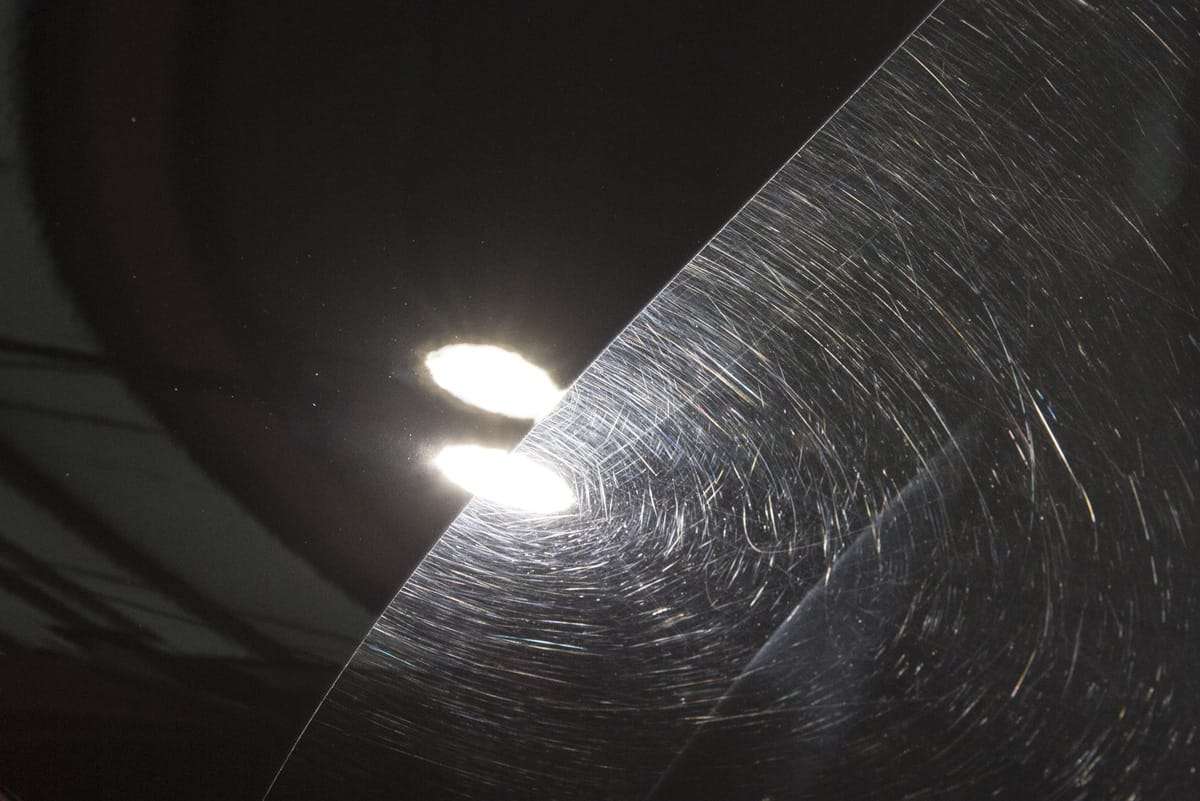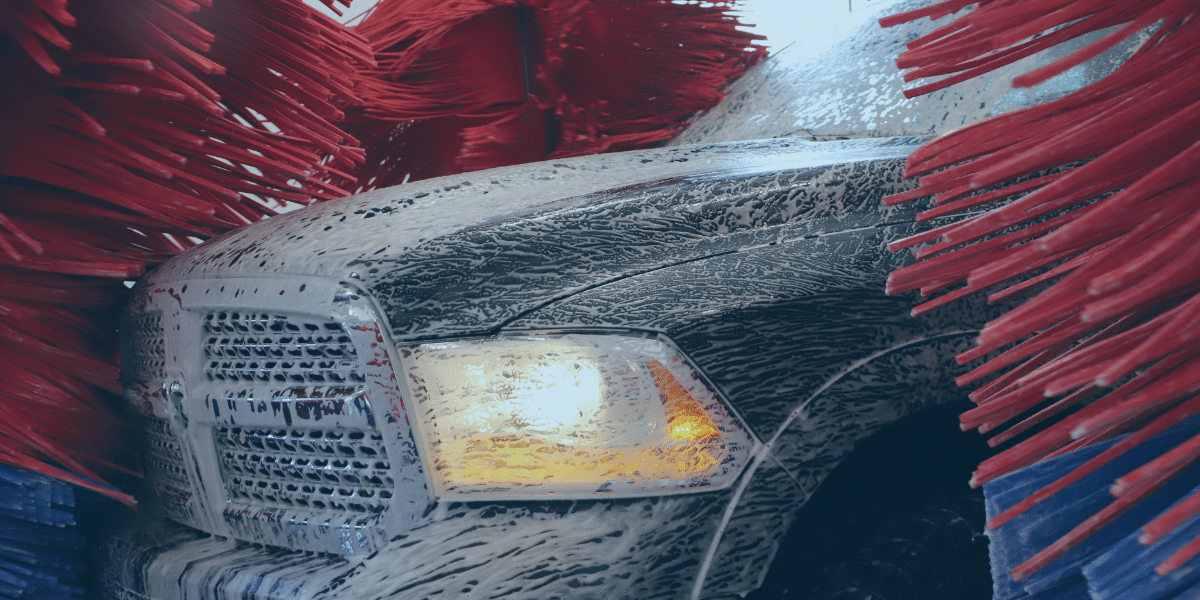Hidden Dangers: How Automatic Car Washes Damage Your Vehicle
In today's fast-paced world, automatic car washes offer convenience and efficiency for busy car owners. With just a few minutes of waiting, your vehicle can emerge seemingly clean and sparkling. However, beneath the surface shine lies a potential risk to your vehicle's exterior. Automatic car washes, while convenient, can cause significant damage to your car if not approached with caution. In this comprehensive guide, we'll delve into the hidden dangers of automatic car washes and why they may be harming your vehicle more than you realize.
Understanding Automatic Car Wash Mechanisms
Automatic car washes utilize various mechanisms to clean vehicles rapidly. These mechanisms typically include high-pressure water jets, rotating brushes, and chemical detergents. While these systems are designed to remove dirt and grime efficiently, they can also pose risks to your vehicle's paint and exterior surfaces.
The Risks of Automatic Car Washes
1. Swirl Marks and Scratches:
One of the most common issues with automatic car washes is the formation of swirl marks and scratches on the vehicle's paint surface. The rotating brushes used in these car washes can pick up dirt particles from previous vehicles, creating abrasive contact with your car's paint. Over time, this friction can lead to the formation of fine scratches and swirl marks, diminishing the overall appearance of your vehicle.
2. Damage to Exterior Trim and Accessories:
Automatic car washes are not always gentle on a vehicle's exterior trim and accessories. The high-pressure water jets and rotating brushes can forcefully impact vulnerable areas such as side mirrors, antennas, and spoilers, causing them to misalign or even break off in extreme cases. Additionally, abrasive brushes can damage delicate trim pieces or strip away protective coatings, leaving these areas susceptible to corrosion and deterioration.
3. Water Intrusion:
Another concern with automatic car washes is the potential for water intrusion into the vehicle's interior. Improperly sealed doors, windows, or sunroofs can allow water to seep into the cabin during the washing process, leading to dampness, mold growth, and electrical issues. Additionally, water pressure from high-pressure jets may force its way into vulnerable areas, such as door seals or trunk seams, causing leaks over time.

4. Paint Degradation:
Chemical detergents used in automatic car washes can also contribute to paint degradation over time. Some car wash solutions contain harsh chemicals or abrasive ingredients that may strip away wax or protective coatings, leaving the paint vulnerable to fading, oxidation, and corrosion. Furthermore, if these chemicals are not rinsed off thoroughly, they can leave behind residue that dulls the paint's finish and attracts dirt and grime.
5. Damage to Wheels and Tires:
Automatic car washes often use harsh chemicals and abrasive brushes to clean wheels and tires. While effective at removing brake dust and road grime, these methods can also cause damage to alloy wheels and scratch or scuff tire sidewalls. Additionally, the high-pressure water jets may not adequately clean intricate wheel designs or reach the inner barrel of the wheels, leaving behind dirt and brake dust buildup.
The Importance of Proper Car Washing Techniques
While automatic car washes offer convenience, they come with inherent risks to your vehicle's exterior. To minimize these risks and maintain your car's appearance and value, consider adopting proper hand washing techniques or seeking professional detailing services. Hand washing allows for greater control over the cleaning process and reduces the likelihood of damage from abrasive brushes or harsh chemicals.
When hand washing your vehicle, use a pH-neutral car shampoo, soft microfiber wash mitts, and plenty of clean water to gently remove dirt and grime without scratching the paint. Dry the vehicle thoroughly using a soft, microfiber towel to prevent water spots and streaks. Additionally, regularly waxing your car provides an extra layer of protection against environmental contaminants and UV damage, preserving the paint's shine and longevity.

While automatic car washes offer convenience and time savings, they also pose significant risks to your vehicle's exterior. From swirl marks and scratches to paint degradation and water intrusion, the potential for damage is ever-present. By understanding these risks and adopting proper car washing techniques, you can protect your vehicle's appearance and value for years to come. Remember, a little extra time and care today can save you from costly repairs and maintenance down the road.
